Vocal not-to-be-intimidated Julie Bishop we are starting to see now would be a far better PM

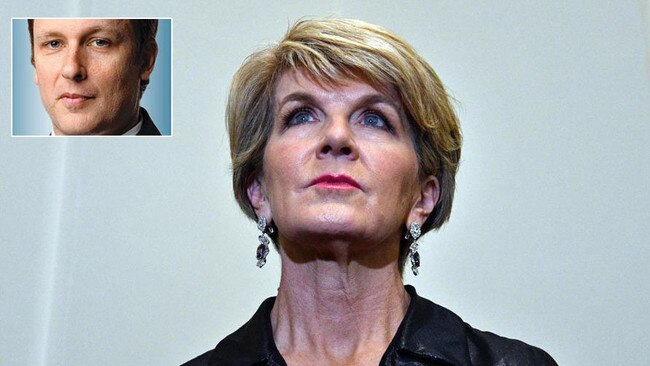
There are two sayings that seemingly butt heads: “it’s better late than never”, and “too little too late”. They don’t easily go together.
Which one best sums up the newly found voices of moderates and women in particular within the Liberal Party?
For too long senior Liberal politicians with a platform to shape the narrative and the culture of their party said little and did even less. Now they are starting to speak out.
In the wake of the Wentworth by-election and the disastrous result in the Victorian election last weekend, more and more Liberals not of the conservative variety are acknowledging their party has a problem. Many are women, not that there are many women in the Liberal Party of course.
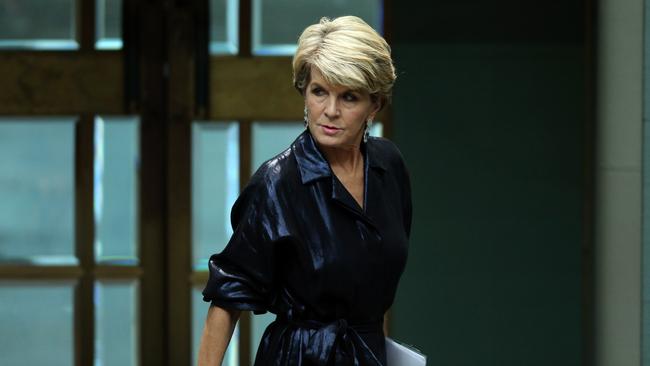
Former deputy Liberal leader Julie Bishop is vocalising all sorts of concerns, from the negative effects of populism to the poor treatment of women within her party. She’s even started intimating at support for affirmative action measures, but is yet to embrace gender quotas as have some of her female colleagues in recent months, such as Sussan Ley.
But during her many years as Party deputy, in opposition and in government, Bishop was all too silent. As a cavalcade of men cycled through the leadership during that time she was the constant deputy, but more voiceless than she perhaps should have been: as a moderate and as a woman.
To be sure it must have been hard with all those men disregarding her unfairly (she has a better pre-parliamentary career than almost all of them). But Bishop would often become a female and moderate voice defending policies and politicians who frankly didn’t deserve her cover. I suspect she sees that now.
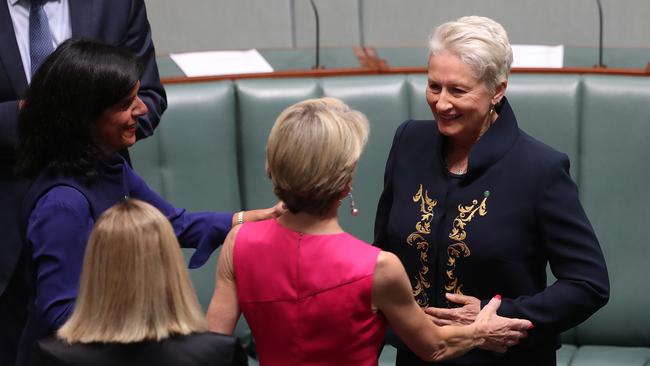
From defending Tony Abbott against Julia Gillard’s misogyny speech to refusing to describe herself as a feminist, Bishop in some respects thumbed her nose at the sisterhood. While she was and always will be a role model for women, during the powerful years of her career Bishop refused to buy in on the need for collective action by women (with the help of progressive men) to overcome gender discrimination.
Perhaps it was her liberal philosophical principles, and business experience, that saw her shy away from collective action, which is more of a Labor Party approach.
Criticisms of past inaction aside, maybe the phrases can sit together: because while Bishop’s actions might be too little too late for some, it’s certainly better late than never to hear her roar.
The vocal not-to-be-intimidated Bishop we are starting to see now would be a far better Prime Minister than Scott Morrison, who seemingly doesn’t know what he really believes in.
Peter van Onselen is a professor of politics at the University of Western Australia and Griffith University.
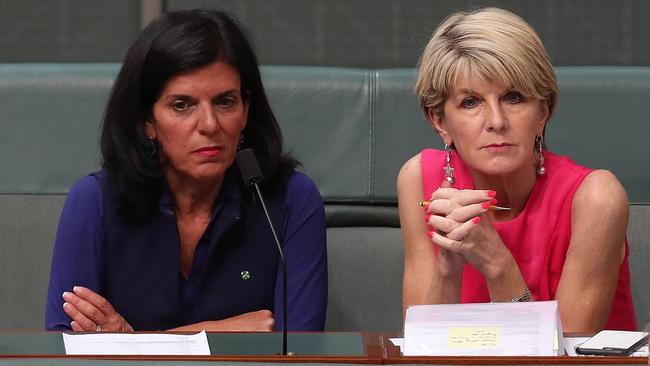

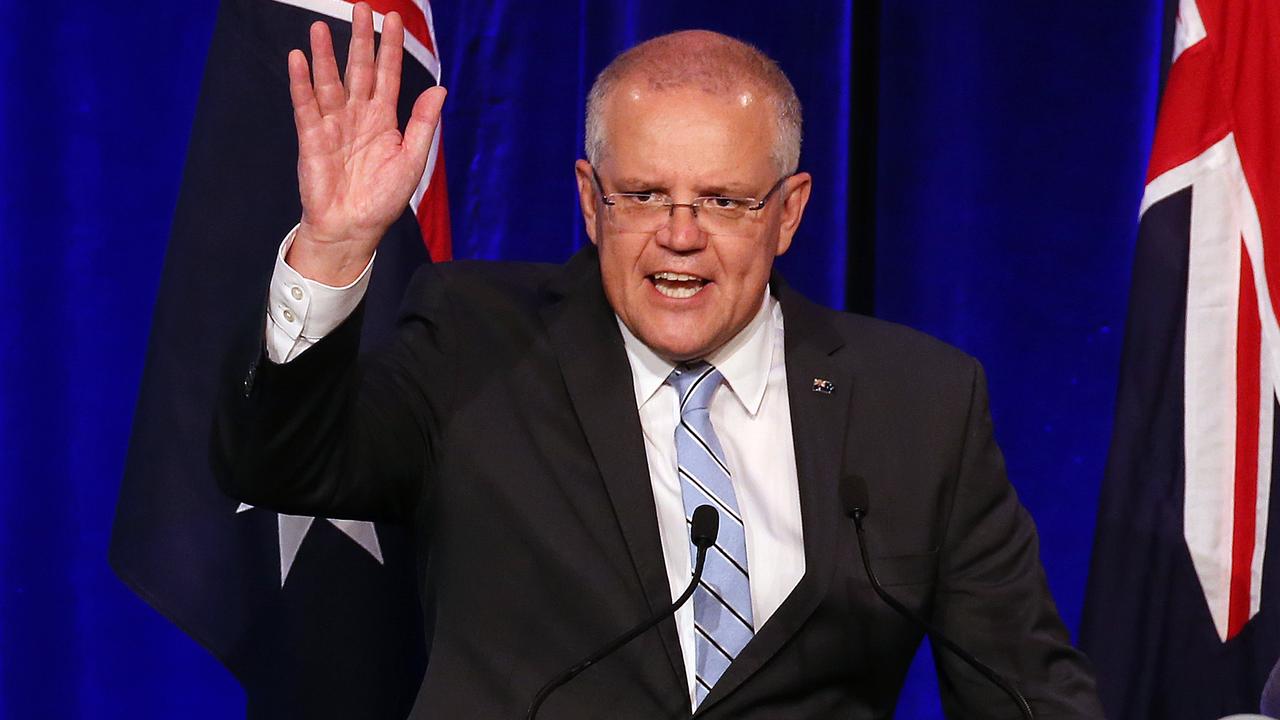
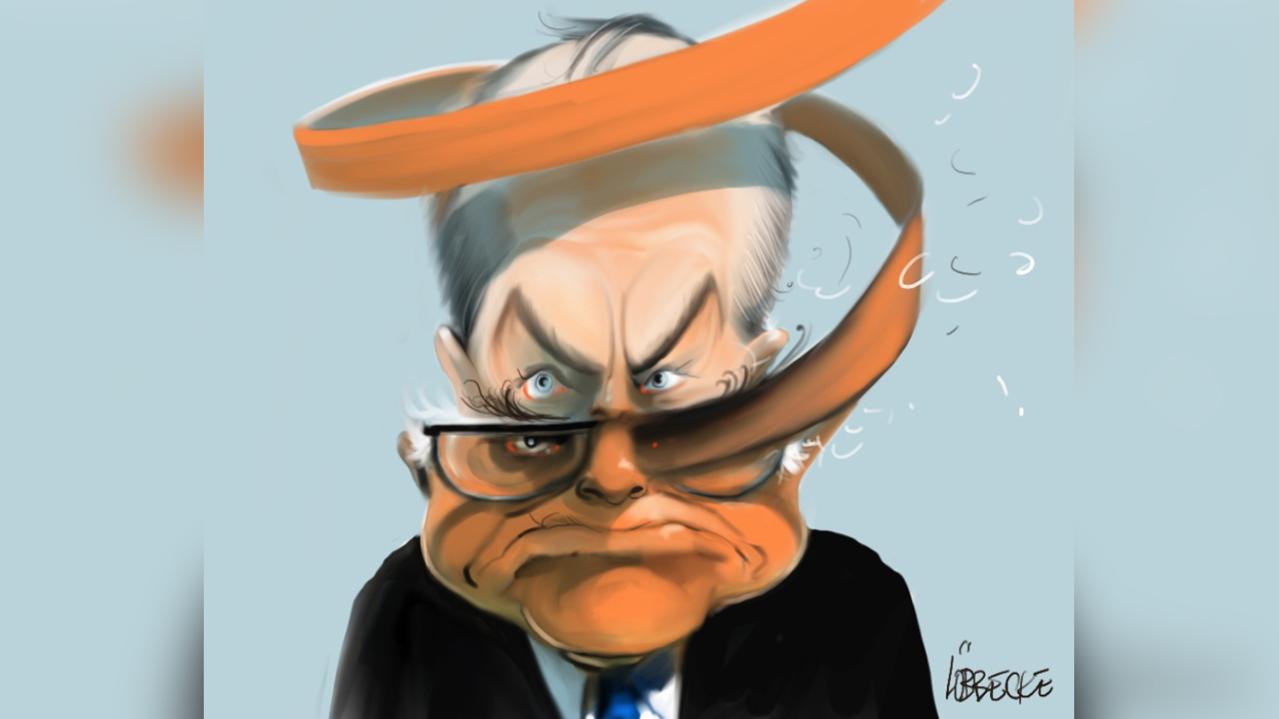
To join the conversation, please log in. Don't have an account? Register
Join the conversation, you are commenting as Logout